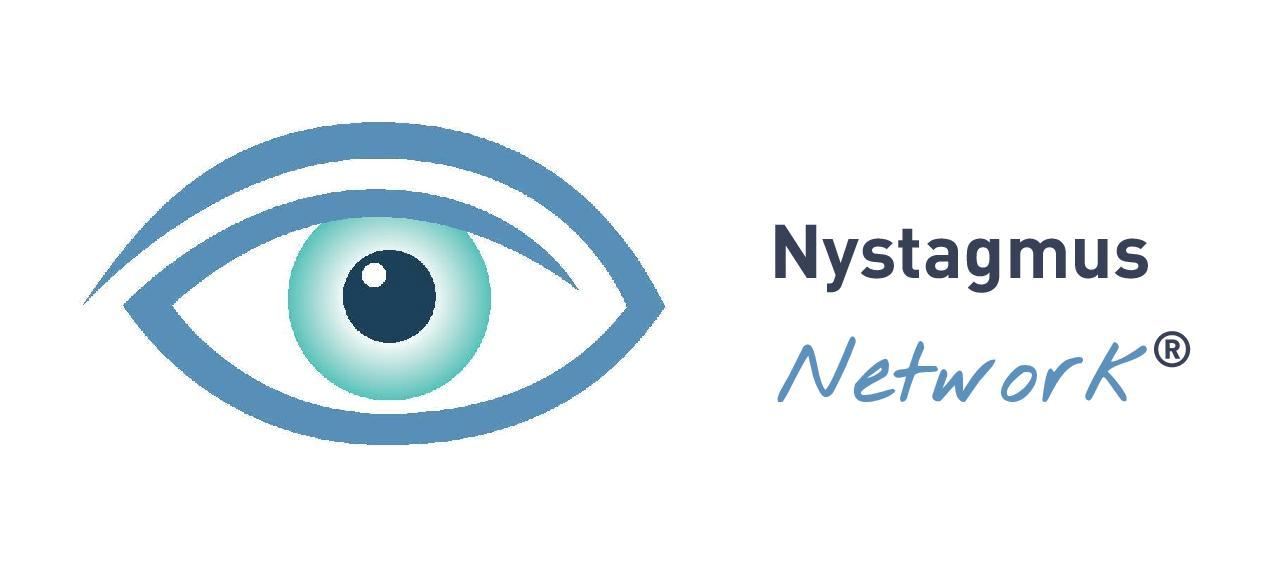GUEST POST: Daniel Williams, Founder of Visualise Training and Consultancy, looks at how smart home technology can be life changing for blind and partially sighted people
As the world becomes increasingly digital, it brings welcome channels of communication and independence for people with visual impairments. The latest development is Self-Monitoring Analysis and Reporting Technology (SMART) – better known as smart home technology, which uses internet-connected devices to interact remotely with your electric appliances and systems, at home or away. Smartphones, tablets, smartwatches and other personal electronics can be used.
Most people with low vision love the thought of speaking, especially when you can avoid squinting or fidgeting with fingers to do things and this is the great advantage of smart home technology – you speak, it does the task!
Speak up please
For a blind person, the simple, everyday action of locking a door, fiddling to get the key to fit and activating an intruder alarm with the correct digits, is a real fumble. As for adjusting your home lighting when you have low vision, it’s a constant battle to get it right in each room with seasonal and daily light fluctuations.
Not so with smart lighting; locking up is one command and getting just the right level of light for you in your home is a breeze. Your voice will instruct the exact shade of white you require, with minimal glare and you can pre-set with a single command or let motion sensors automatically activate.
Blowing hot and cold
What setting do you leave your heating on when you’re away from home? Too low and pipes might freeze and burst, too high and you’re wasting money and energy; and then the weather changes.
For a blind person, it’s a performance adjusting anything but if you can just say what you want to change or pre-set, it’s so much easier – “Turn my heating to 19 degrees” – simple, efficient and you don’t even have to say please! If you’re worried about an icy winter or a dodgy pipe, just speak. For those muddling times trying to remember whether you left the iron on or not, a sensor can inform you if you have left an appliance on by mistake.
Music and audio books made simple
Music is often an important part of life for many blind people and audio books are a must-have. Instead of trying to locate your favourite tracks or books on your device or wait until you arrive home from work to find and play, just use your voice assistant and ask for whatever song, artist or audio book you like. Why not have them playing in whatever room you like, timed for your arrival home or on command? Relaxing, without all that access bother, is bliss.
The phone is a visually impaired person’s best friend. But even with a decent screen-reader tool or keyboard location dots, it can mean trial and error. Far easier to put in a request to ‘Call my optician’ or ‘Call Sam or Dad or whoever’. With a voice search system, you can tell it to dial up a local service such as an eye clinic, leisure centre, gym or other organisation and be connected in seconds.
What’s in the news today?
Keeping up with the news can be hard if you have low vision and especially if you can’t read Braille or reading large print and glare causes problems and checking before an outing if you need to take a brolly, a sun hat, or both, is a daily British dilemma! So, to get random facts, figures and information from the internet or ask about a local business service with your smart home technology voice control, just say the words.
Appointments for today
Appointments and reminders for the eye clinic, GP or optometrist can be the bane of a visually impaired person’s life, too. They are often not sent to you in large print and it’s too easy to be forgetful, so connect your calendar to your voice friend and you can be reminded in advance and get a nudge when it’s time to next book in.
Find out more
To find out how Daniel and the team at Visualise are driving inclusion and accessibility for blind and partially sighted people, visit https://www.visualisetrainingandconsultancy.com/




